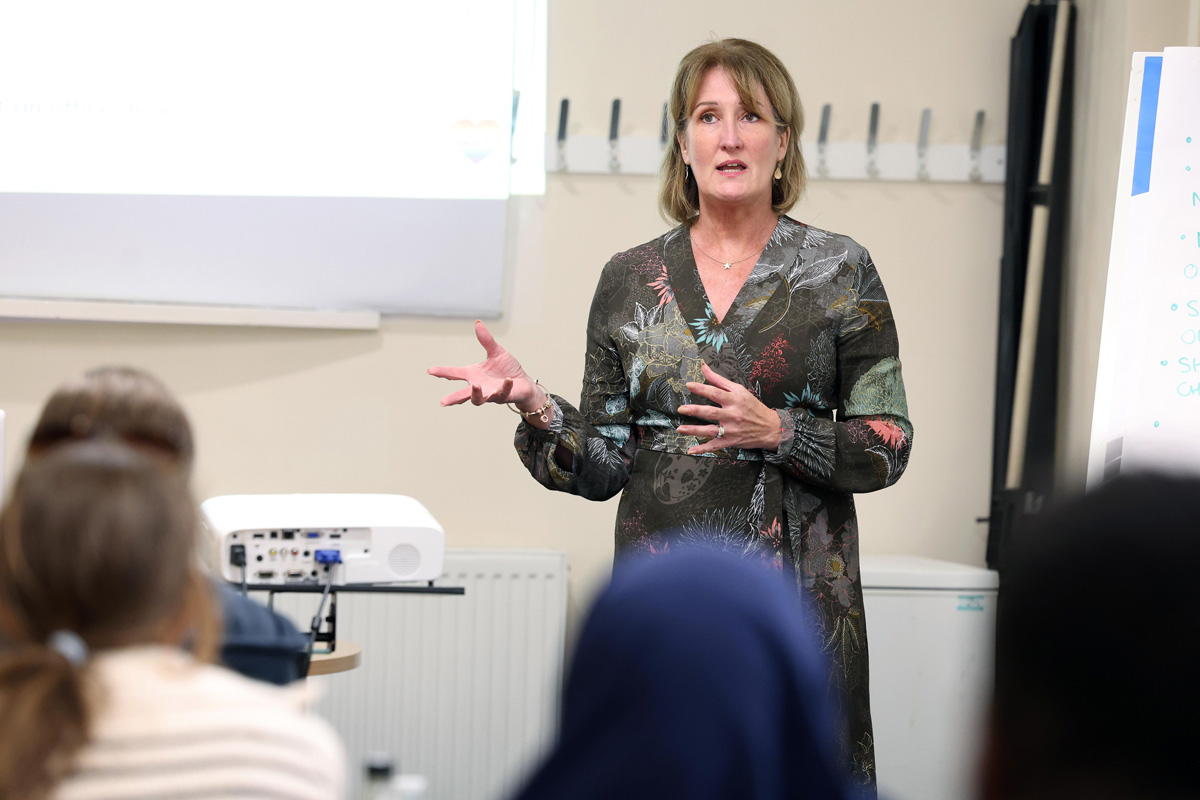Apprenticeship flexibilities extended to support sector through second national lockdown

@IFAteched has confirmed their special measures that have allowed thousands of people to complete their #apprenticeships through the COVID-19 crisis will be retained alongside the newly announced Furlough extension
The Institute for Apprenticeships and Technical Education (the Institute) will extend apprenticeship flexibilities until at least the end of March. The Institute will give 12 weeks from when any changes are announced to existing flexibilities before EPA organisations will have to deliver them.
The Institute will prolong special measures allowing for the completion of apprenticeships through the COVID-19 pandemic.
The decision to extend apprenticeship flexibilities until at least the end of March will provide much-needed stability as the nation enters in to a second national lockdown from today (5 November).
The Institute’s chief executive Jennifer Coupland explains:
“In light of this current, new lockdown, we have decided that it’s right to extend those flexibilities until the end of March to give people some certainty that that the existing regime will continue for the foreseeable future.”
“We would expect that providers will work as closely as possible with employers to make sure that apprentices who are on their programmes can continue to advance their off-the-job training during the month of lockdown and hopefully progress if they’re about to take an end-point assessment”.
“They will be able to take advantage of the flexibilities that the institute has put in place to enable those end-point assessments to happen even during lockdown.”
Jennifer has the following message for the sector:
“The Institute is determined to do everything we can to support, inform, and reassure the sector through these uncertain and highly challenging times,” she said.
“The flexibilities have done a fantastic job with helping apprentices complete their apprenticeships while still upholding quality and this will now continue until at least the end of March.”
The flexibilities have been rolled out for more than 100 apprenticeships to ensure learners are still able to complete their studies. In most cases they allow for high quality remote rather than face-to-face assessment.
Jennifer added: “Our thoughts are with everyone facing up to the huge challenge of a second national lockdown.
“Having been through this once before, we are much better prepared with apprenticeship flexibilities, government financial support packages and more established online training and assessment practices already in place.’
“We are always open to ideas and welcome feedback, especially from those on the ground who are doing so much to keep apprenticeships and technical education going.”
The Institute previously announced in July (15th) that these special measures, agreed with employer and training groups for different apprenticeship sectors, would be retained into January 2021.
The list of apprenticeships that currently have flexibilities in place can be viewed on the Institute’s website.
They will support the Institute’s key objectives through lockdown and beyond to protect the safety of everyone involved with apprenticeships and sustain a resilient skills system that meets the needs of employers.
These measures were rolled out for more than 100 apprenticeships to ensure learners are still able to complete their studies, about 25,000 apprentices have managed to complete since lockdown. In most cases they allow for high quality remote rather than face-to-face assessment.
Apprentices must pass an independent EPA to prove they can do their job to the high standards required and successfully complete their apprenticeship.
The EPA process usually involves an element of face-to-face assessment, which was not possible due to movement restrictions during lockdown. Remote assessment arrangements, which maintain quality but allow for sufficient flexibility for learners to complete apprenticeships, were introduced to help mitigate this.
Jennifer said: “It is fantastic that the assessment flexibilities, which we carefully tailored for different sectors with employer groups, have helped thousands of apprentices to complete in spite of COVID-19.
“We want this to continue as people gradually return to work-places and face-to-face learning and assessment becomes more viable. The EPA flexibilities have played a vital role in supporting the completion of many apprenticeships through these challenging and unprecedented times. We want to clarify now that there are no imminent plans to reverse these.”











Responses